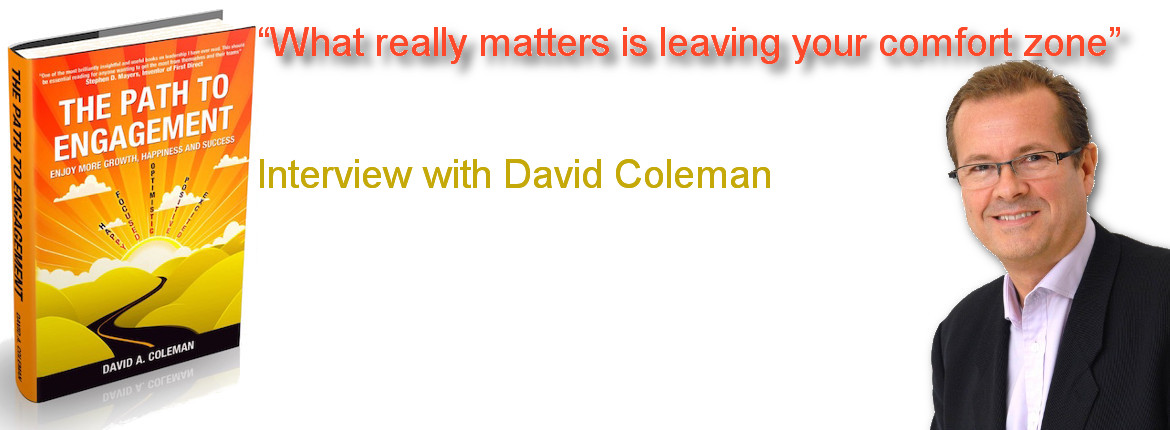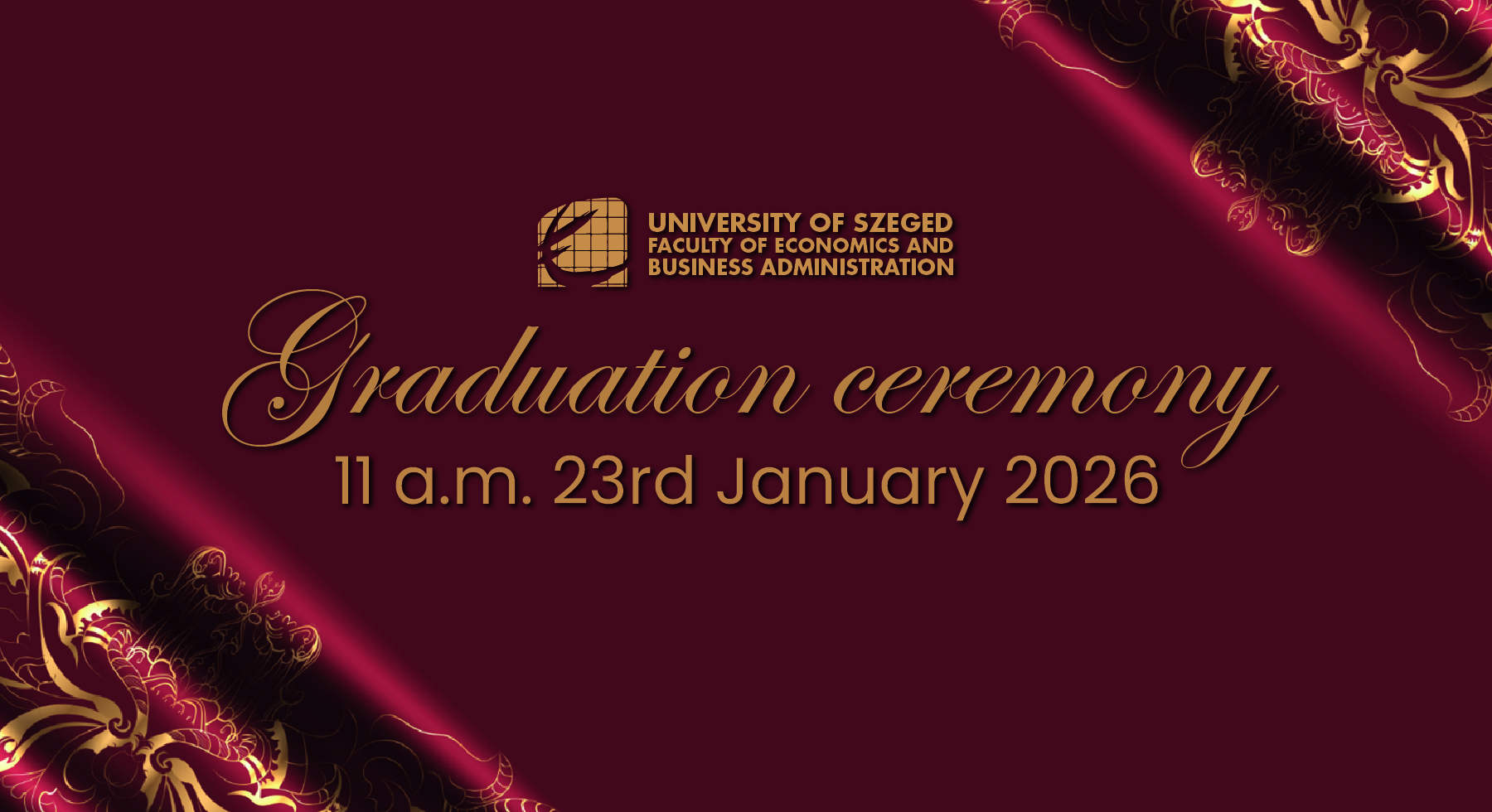
“What really matters is leaving your comfort zone” - Interview with David Coleman
Can you please introduce yourself to our readers:
My name is David Coleman, I’m married and a father to one son. I am a professional development coach. I have broad experience in corporate world and currently involved in activities such as mentoring and executive coaching. I own a Harley Davidson motorbike and enjoy the gatherings of Harley Owner Groups all around the world.
How do you view the lifestyle in Hungary? What are the unexpected features of local people or any cultural shocks you have faced so far?
There are many positive parts about Hungarian culture–people are very friendly here. I’m amazed by the habit of locals greeting everyone when they enter to some cafe or bar. I really like that. I would never imagine myself doing so in London or anywhere in UK, they would think in a bit crazy. About the negative sides: There is too much administration for me. Too many rules, regulations and fines.
What inspires you the most to be a motivator and train others in order to improve their public speaking skills?
I love seeing people achieving things and breaking-through their own limitations. I was lucky to get a chance to broaden my skills and personal development in my 20s. Now, I am implementing it in my job by engaging others and calling on them to be more confident.
How would you define the word “success”?
Well, I would say “living a life that you really want”, not what advertising or other influences say you should have.
Could you please share with us some tips and tricks on how to be a more confident speaker?
There are some technical tricks that you can read in many books and practice, but what really matters is leaving your comfort zone. Because when you actually leave your comfort zone you fully connect with others and you step into a new world. Later it becomes your comfort zone as well. In fact, you just widen your comfort zone generally; it takes the limits off what you feel is possible. Another thing is to choose to be optimistic: The best is yet to come! Third, copy the skills and behaviours of the very best speakers that inspire you. When you start something new, it really helps to be able to drop your own ego and how you think it should be done and be willing to copy. Once you’ve built a good style, you can then start adding your own flair and personality back in.
In your speech you mention a lot about engagement. Do you think engagement comes naturally or one should try him or herself in various ways to find the true passion?
It mostly comes naturally; in fact, it is inside of you. Children are born with it, just watch them playing. You have to figure out what you really want to do, what you really want to achieve. Once you know it, be willing to take risks some risks to achieve it, you have to chase your passion, it doesn’t often just arrive on a plate!
Could you please share with us a story of young David who would never think to become a public speaker?
When I was 8, I could barely talk, I had a terrible stutter, it was equal to humiliation for me. In addition, I could barely walk because of a bone disease. But I became a good observer of life and a patient listener at that time in my life–later I gained a lot from it. A good friend of mine once advised me to sing while talking. To sing the things which I want to tell out loud. Miraculously it cured my stuttering and I discovered I could talk!
What books would you advise to our followers to read?
My book definitely LOL! Second, Chimp Paradox by Prof Steve Peters. It is the best mind management programme for confidence, success and happiness. In addition, if you like Sci-fi, The Martian by Andy Weir.








